Section Styles spotlight-header
I am a
population geneticist
Janina Jeff, PhD, MS
Presented by IlluminaTo this day, there are many populations that are underrepresented in genetics studies.
As a population geneticist, I study the human genome to create technology that predicts and develops treatments for diseases.
MY WORK SETTING
Indoor vs. Outdoor
I all of my time working indoors - in the lab, at my desk, or the podcast studio.
People vs. Alone
I spend most of my time collaborating with other people on podcasts or in the lab.
Creative vs. Defined
Most of my work is creative, while I have some structure to each day.
-
I study the human genome, which is made up of about 25,000 genes; there are several variants in each gene. But since most of these variants don’t impact your health, I use a method called genotyping that helps me focus on the ones that do. Think of the genome like an e-book and genotyping like the cliff notes. It lets me look through snapshots of the genome that will give insight into your entire genome.
-
I compare how this section of the book varies between people, which can give insight into the population’s history as well as other characteristics, like risk for disease. I also participate in speaking engagements, where organizations invite me to talk about a variety of topics, including my career journey, my podcast, or the social impacts of genetic testing.
-
I use what I know about genetics and statistics to create better technologies to help keep diverse populations of people healthy. Using this knowledge, I can create better technology, like genetic tests, which can be used to predict if someone is more likely to get sick.
WHAT IMPACTED MEEssential Skills:
CREATIVITY
Being a podcast host requires a lot of creativity. I’m always coming up with new topics and writing scripts.
CODING
A lot of the genetics work that I do requires coding to analyze and use the data.
OPENNESS
I stepped into a field that was fairly new, which requires me to be open-minded in order to find new solutions.
RESOURCEFULNESS
Being a researcher requires me to find new methods, collaborate with other researchers, and look for the resources I need to complete my work.
Days in the Life
Come along and explore what three days at my job might look like!
DAYS IN THE LIFE
How I Work
Check out what my place of work looks like on an average day.
This is what my workspace looks like!
Laptop.
Microphone & headphones for recording podcasts.
Plants.
Books about genetics.
A globe.

Did you know...Genetics has a complicated history.
The field of genetics is powerful. When used responsibly, it gives us tools to better understand ourselves and our history. It can also help us predict and find cures for life-threatening diseases. But throughout history, geneticists have often stolen genetic information from groups of people – often Indigenous tribes and other marginalized communities – without their permission. Their data was then often used in biased and even harmful ways. Not only is this unethical, but it also leads people to distrust scientists. Science isn't immune to bias, because it's led by people. That's why it's so important that scientists understand history and are proactive in building more just and inclusive practices for the future.
Rewarding
These are the parts of my job I find particularly rewarding.
Helping people find the network they need to succeed.
Informing others about the impact of science on social justice.
But everyone is different! Drag the circles to place them where you rate them.
Challenging
These are the parts of my job I find particularly challenging.
Having to speak up as a minority in the room.
Having flexible workspaces, sometimes being fully remote and other times being fully in the lab.
Section Styles movable
These are the people I work with:
Subject Matter Experts
I bring a variety of subject matter experts to my podcast to speak about their area of expertise. This can range from physicians, to lawyers, or social justice researchers.
Clinical Research Scientist
These are often the people I exchange my findings with, we collaborate closely to come up with the next steps and applications of our discoveries.
Computer Scientists
I’m working to fill in the information gaps in our genetics library, and I work with computer scientists to put that library together.
WHAT’S NEXT?
What’s next for my field of work?
One of the most exciting things about working in STEM is how fast things change. things that aren't possible today could be possible tomorrow.
Genetic testing is much more accessible.
You might have heard of websites like Ancestry.com or 23andMe which serve as platforms for people to get easily accessible genetic testing. There are even people who have found and connected with long-lost relatives because of these platforms. You can also do genetic testing on your dogs and cats to determine what breeds they are if you adopted them and are unsure of their lineage! Having access to genetic testing is both exciting and has to be approached with caution.
Looking for teacher resources?
PHOTOGRAPHER: Idalmiz López • Illustrator: Mar Bertran Bellvehí© 2024 THE PLENARY, CO. ALL RIGHTS RESERVED. TERMS. PRIVACY.This is a brand new site! See an issue? Let us know.















